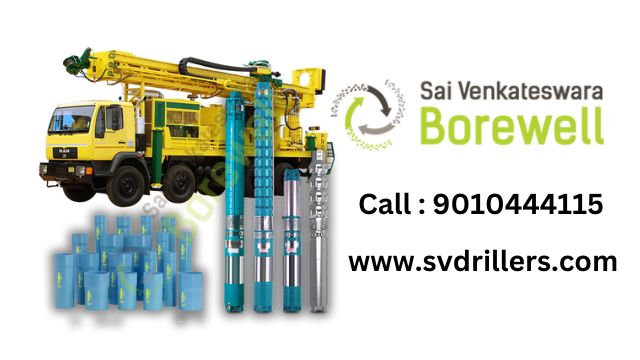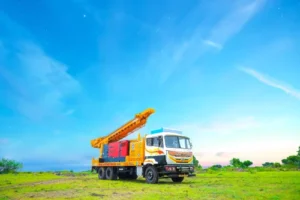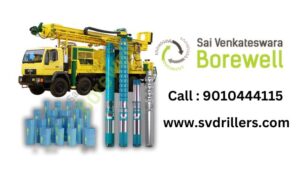Introduction
Are you confused about the difference between borewell and tubewell? Whether you’re planning irrigation, household water supply, or industrial usage, choosing the right water extraction method is crucial. With unreliable municipal water systems, many turn to borewell service near me or tubewell drilling for a sustainable solution. This guide breaks down their differences, advantages, and where to find expert services to ensure clean, efficient water access.
What Is the Difference Between Borewell and Tubewell?
Borewell: Deep and Narrow Water Extraction
A borewell is a deep, narrow hole drilled into the ground to extract groundwater, usually beyond 100 feet. It is cased with PVC or steel pipes to prevent contamination.
✅ Advantages:
✔ Access to deeper aquifers (up to 1000 feet)
✔ Suitable for regions with scarce water tables
✔ Long lifespan with proper maintenance
❌ Disadvantages:
✘ Expensive drilling costs due to depth
✘ Requires skilled professionals for installation
🔗 Need borewell installation in Beeramguda?
Tubewell: Shallow and Wider Water Access
A tubewell is a shallow well (typically 10–50 feet deep) equipped with a suction pump. It’s best for areas with high water tables.
✅ Advantages:
✔ Faster and cheaper to install
✔ Ideal for agricultural irrigation
✔ Less drilling complexity
❌ Disadvantages:
✘ Limited depth means lower yield in dry seasons
✘ Higher risk of contamination
⚡ Which One Should You Choose?
Your choice depends on geographical conditions, water needs, and budget. For deeper water access, a borewell is better, while a tubewell serves well in high-water-table regions.
Key Factors to Consider
1. Depth & Water Availability
- Borewell: Extracts water from deep aquifers (best for dry regions).
- Tubewell: Relies on shallow aquifers (suited for flood-prone areas).
2. Installation Cost & Maintenance
- Borewell: Higher upfront cost but long-term reliability.
- Tubewell: Affordable but may need frequent maintenance.
🔗 Looking for professional water drilling services?
3. Water Quality & Yield
- Borewell: Lower contamination risk due to depth.
- Tubewell: May mix with surface impurities.
4. Lifespan & Durability
- Borewell: Lasts 10–15 years if maintained.
- Tubewell: Lasts 5–8 years before needing repairs.
💡 Pro Tip: Always conduct a hydrogeological survey before drilling!
How to Find Reliable Borewell & Tubewell Services Near You
When searching for borewell service near me, ensure the provider offers:
✔ Licensed drilling experts
✔ Hydrogeological survey options
✔ Transparent pricing
✔ After-installation support
🔗 Trusted tubewell drilling specialists in Hyderabad
For large-scale projects, companies like Vebnox also offer advanced water solutions.
Frequently Asked Questions (FAQ)
1. What’s the main difference between borewell and tubewell?
A borewell is deeper (100+ feet) for stable water supply, while a tubewell is shallow (10–50 feet) and cheaper.
2. Which lasts longer, a borewell or tubewell?
Borewells last 10–15 years; tubewells last 5–8 years.
3. How to find the best borewell service near me?
Check reviews, ask for certifications, and compare prices before hiring.
🔗 Best borewell drilling near me
4. Can I convert a tubewell into a borewell?
No, their structures and depths differ significantly.
5. What’s the approximate cost of drilling a borewell?
It varies by depth (₹50–200 per foot) and location.
Conclusion
Understanding the difference between borewell and tubewell helps in making informed decisions for water extraction. If you need expert advice or installation services, rely on trusted providers like SV Drillers for dependable borewell service near me.
🚀 Need expert help?
📞 Call us today at +91 9010444115
🌐 Visit SV Drillers for a free consultation!
SEO Keywords & Hyperlinks List
- difference between borewell and tubewell
- borewell service near me
- water drilling services
- tubewell drilling Hyderabad
- borewell installation in Beeramguda
This article is optimized for search engines while providing actionable insights for water extraction solutions. 🚀💧



